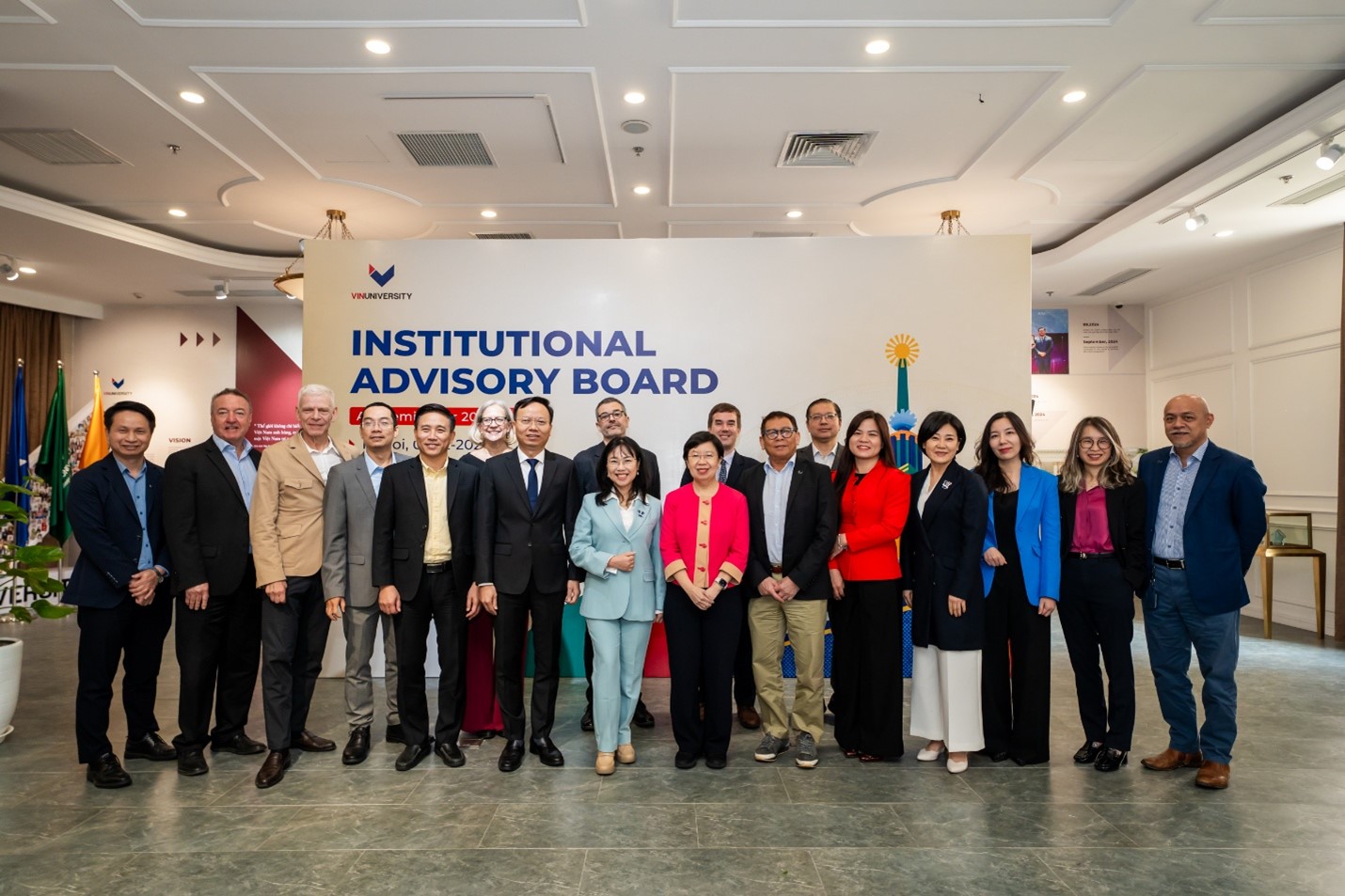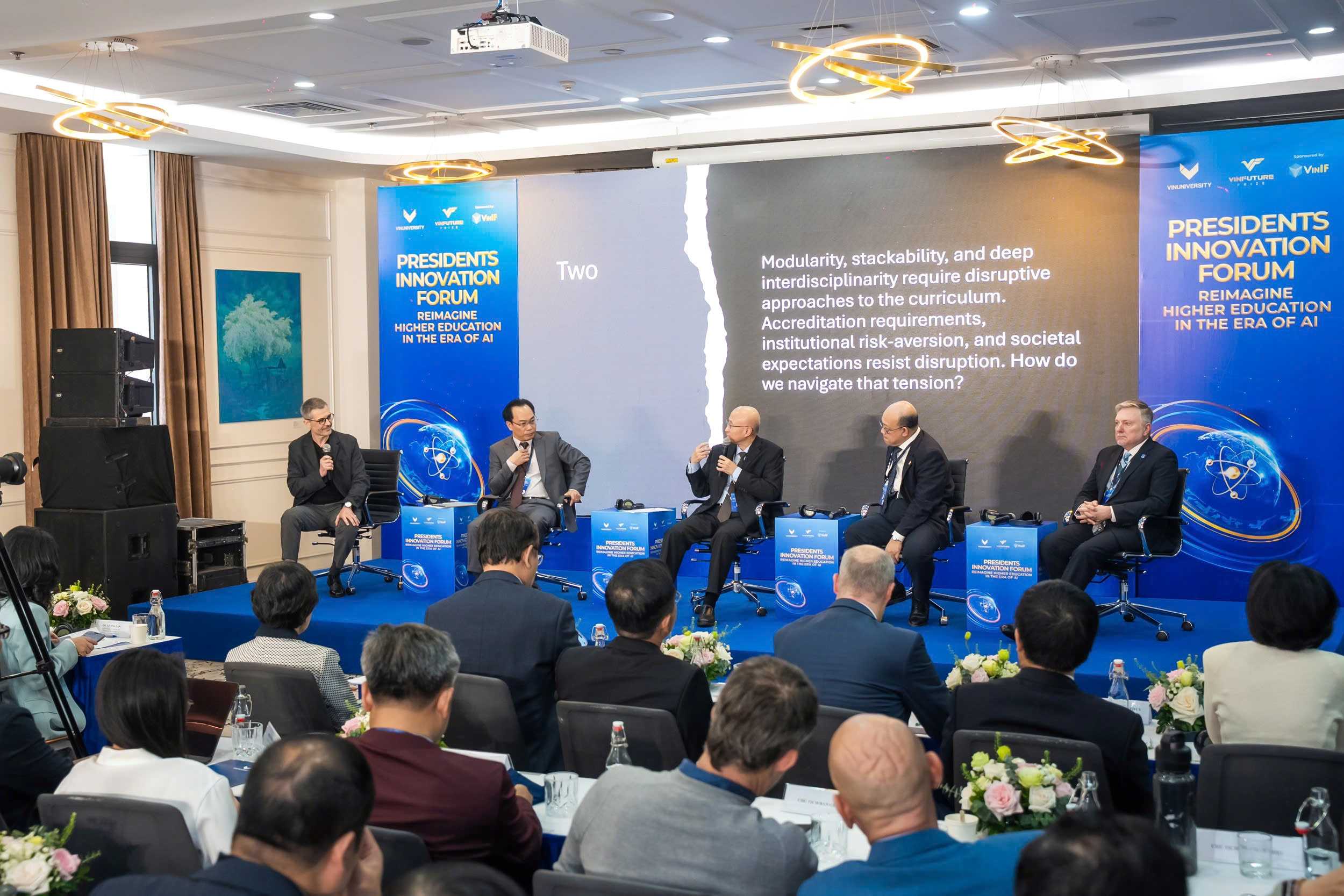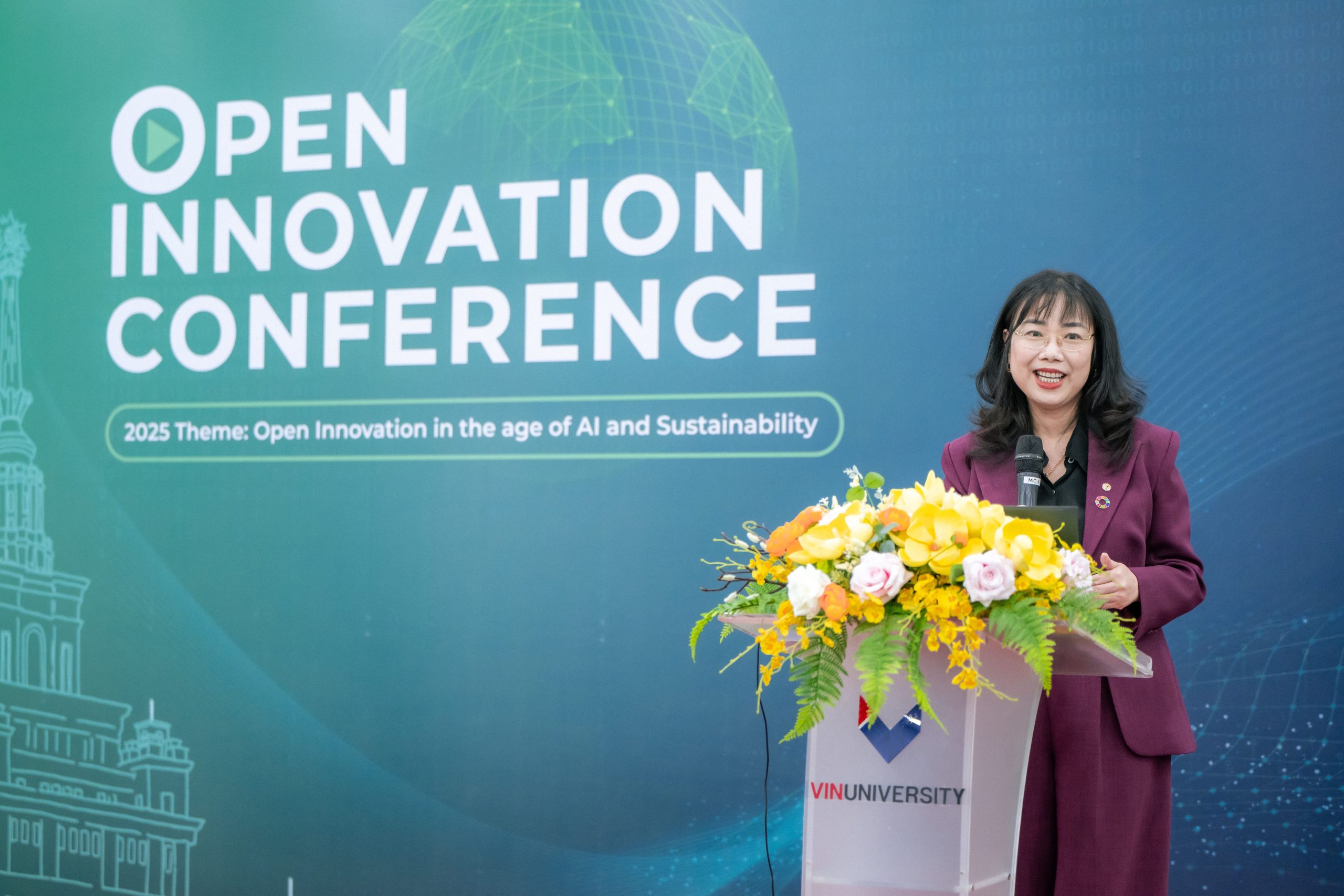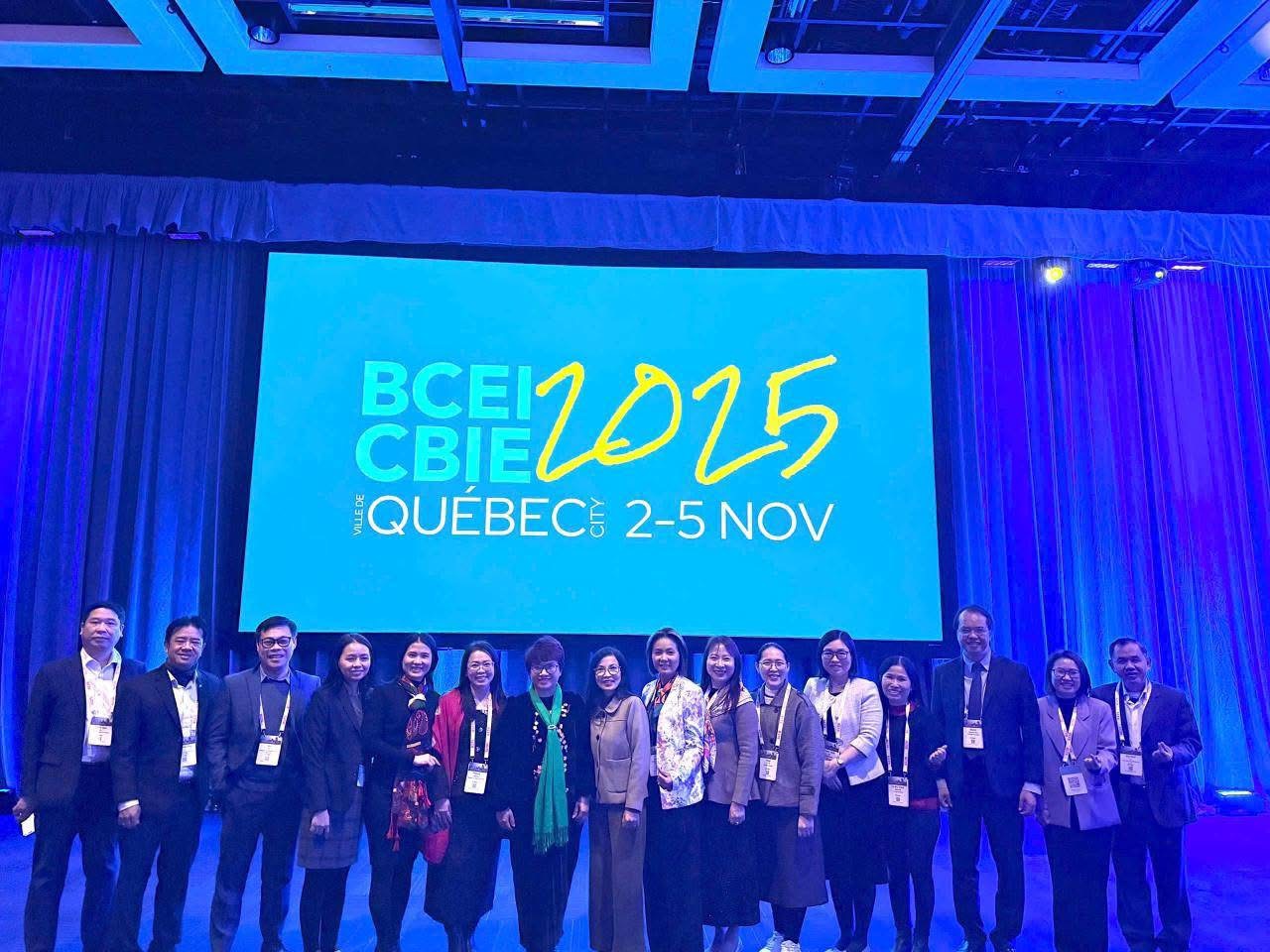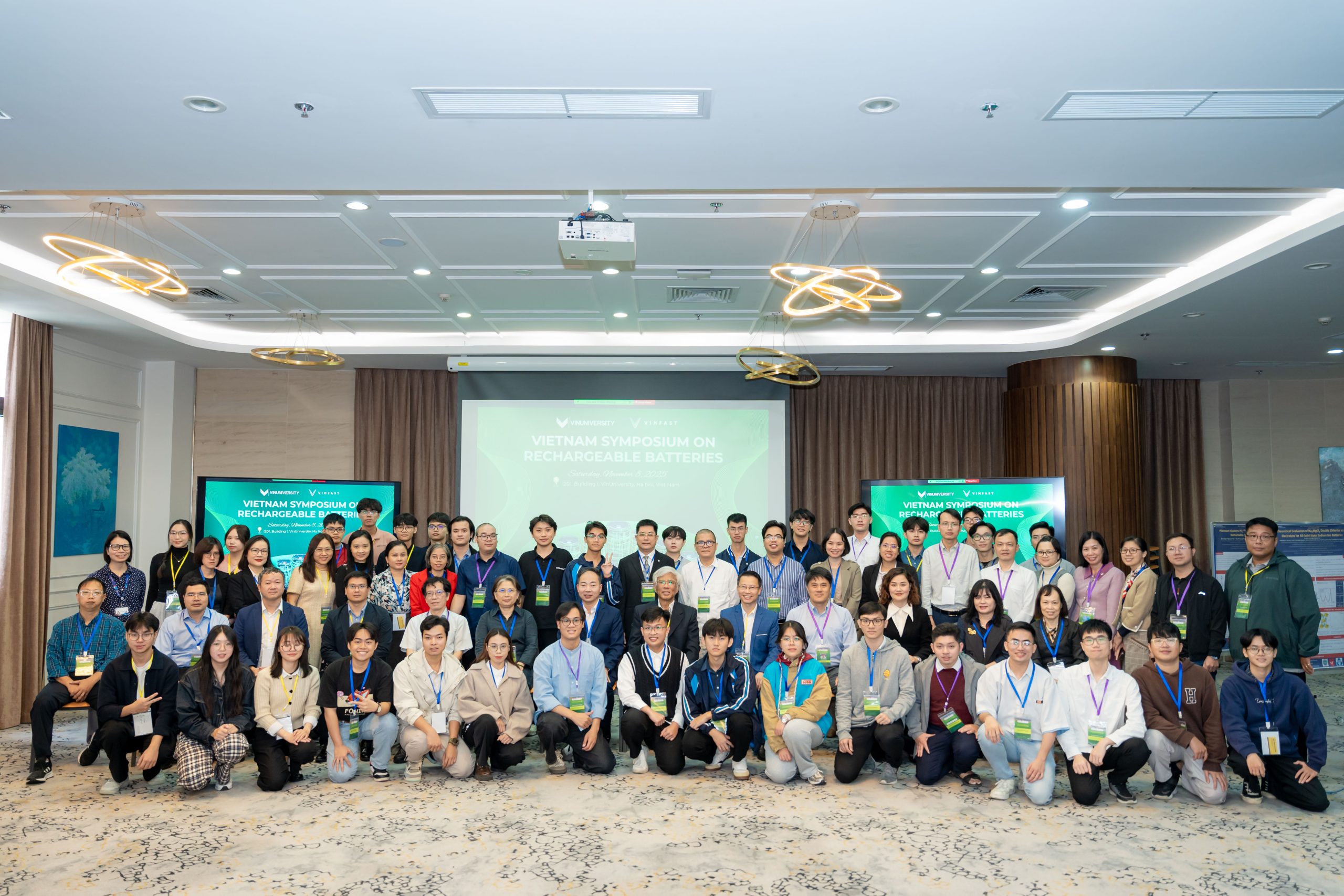In the hospitality industry, customer is the king (or queen) and high-quality customer experience is of paramount importance. Since customer experience relies heavily on interpersonal interactions between employees and the customers which don’t follow set patters and can be unpredictable and unique, it has been challenging to find appropriate uses of AI technology to enhance daily operation efficiency. The global Covid-19 pandemic, however, seems to have influenced in that thinking. As interpersonal interactions become restricted, the search for non-human instruments for the operation of hospitality businesses has has become a hot topic of discussion in the industry. Realizing this emerging trend, Dr. Le Thi Phuong Dung (Jenny Le) (Ph.D.), senior faculty member at College of Business and Management, VinUniversity, along with her first-year student Bui Thuy Duong as her research assistant, is conducting research one defining, evaluating and modelling the psychological factors that influence decisions regardingadopting AI applications in the hospitality industry.
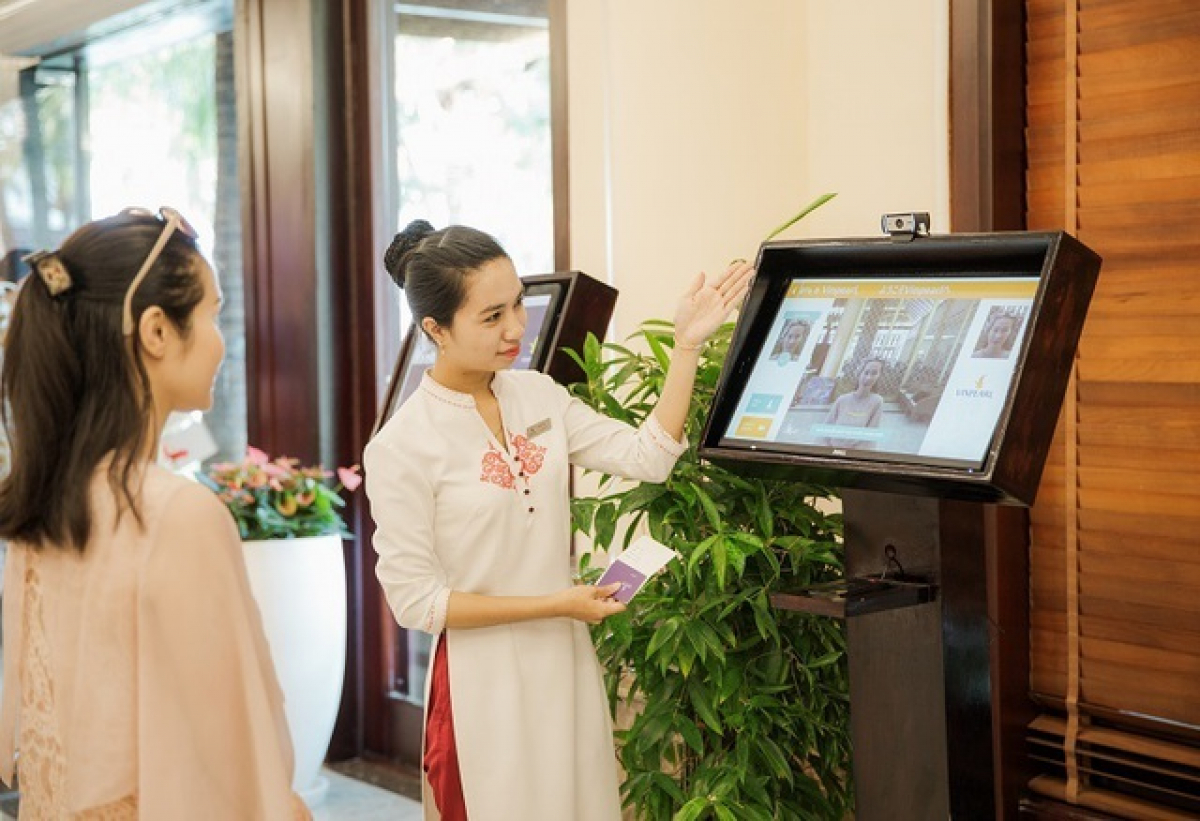
According to Dr. Jenny Le, the research aims to resolve the tourism and hospitality sectors’ concerns on the balance between AI application and the human factor, to deliver the highest quality possible for the customer experience in the postpandemic era. Dr. Le’s research is focused on Vietnam and Australia, andexplores the influence of socio-cultural differences on consumers’ decisions through an intensive analysis on generation gap, education and cultural values of each country. The innovative technologies of eye-tracking, skin conduction, as well as traditional research methods (i.e. surveys and interviews) are utilized in the research for identification of the customer emotional and behavioral responses. For example, as a customer appreciates the design and functionality of an item in the hotel lounge, her eye will be focusing on the item longer than usual, which will be recorded by the eye-tracking device and used as input data for the research.
Under the guidanceof Dr. Jenny Le, our first-year student at College of Business and Management, Bui Thuy Duong has conducted a thorough review and analysis of articles in scholarly journals and popular mediao report on the overall trend of AI applications in the service sector. Moreover, Duong also proposed that the research should consider including the Artificial Neural Network application, a computing system designed to simulate the way the human brain analyzes and processes information to automate the analyzing of customer feedback on the basis of big data. Sharing about her first time experience partaking a research project, Duong said: “This research has helped me to think critically to come up with logical and accurate analysis and conclusions while coping with a large pool of data. I genuinely appreciate my professor’s encouragement and that she listens to and seriously considers my ideas and proposals.”
Given the scale of the first admission batch of 230 students, the current student-to-faculty ratio at VinUniversity is 6:1, a ratio that is better than most of the world’s leading universities. This advantage has enabled VinUniversity students to work on interesting and high-impact research projects under the guidance of faculty members , who are highly experienced in research, and have received their education from or have worked at some of the leading universities of the world.


